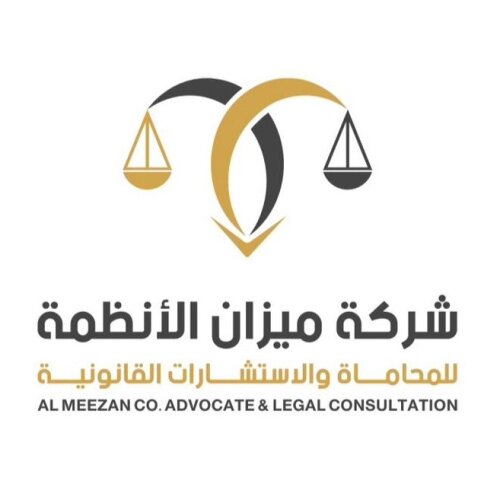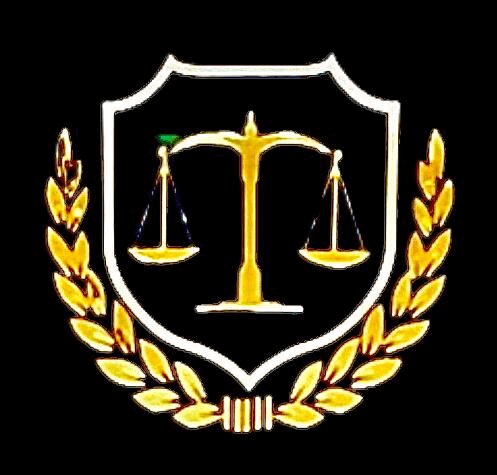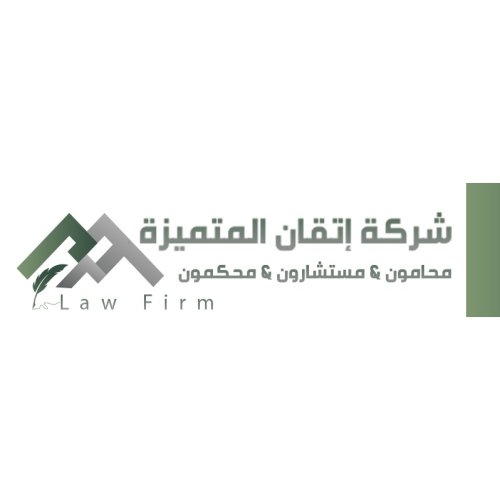Best Constitutional Law Lawyers in Saudi Arabia
Share your needs with us, get contacted by law firms.
Free. Takes 2 min.
Or refine your search by selecting a city:
List of the best lawyers in Saudi Arabia
About Constitutional Law in Saudi Arabia
Constitutional Law in Saudi Arabia is not governed by a singular written document, as is common in many other countries. Instead, Saudi Arabia's Constitution is based on the Quran and the Sunnah (traditions of the Prophet Muhammad), which serve as the ultimate guiding principles for governance and legal matters. The Basic Law of Governance, promulgated in 1992, functions similarly to a constitution by outlining the rights and responsibilities of the government and its citizens. This framework emphasizes the Islamic nature of the legal system, ensuring all laws and policies are in alignment with Islamic law, also known as Sharia.
Why You May Need a Lawyer
There are several situations where individuals may require legal assistance in the realm of Constitutional Law in Saudi Arabia. These include but are not limited to:
- Disputes regarding civil liberties and rights.
- Issues related to freedom of expression and speech.
- Cases involving religious freedom and adherence to religious norms.
- Legal interpretations related to the Basic Law of Governance.
- Conflicts arising from the balance of powers among the various branches of government.
- Understanding the implications of new laws or amendments to existing laws.
- Advice on the constitutional compatibility of government actions or decisions.
Local Laws Overview
The legal system in Saudi Arabia is based on Islamic law, and constitutional matters are deeply intertwined with religious principles. Key aspects include:
- The Basic Law, which outlines the legal structure and core principles of governance.
- The Shura Council plays a consultative role but legislative powers are with the King.
- There is a strong emphasis on family law, inheritance, and religious obligations under Islamic law.
- Freedom of religion is limited within the context of Islam being the state religion.
- Executive, legislative, and judicial powers are derived from the King, who has broad authority.
- The judiciary’s independence is guaranteed by the Basic Law, yet it is deeply influenced by religious principles.
Frequently Asked Questions
What is the Basic Law of Governance?
The Basic Law of Governance, established in 1992, acts as a fundamental legal framework akin to a constitution, defining Saudi Arabia's governance structure along with the rights and duties of the state's organs and citizens.
Is there a constitutional court in Saudi Arabia?
No, Saudi Arabia does not have a separate constitutional court. Constitutional matters are generally handled by the Board of Grievances and other courts within the judicial system.
Can individuals challenge laws as unconstitutional in Saudi Arabia?
While individuals can bring legal challenges, the concept of judicial review as in Western legal systems is not fully developed. Challenges are often reviewed for Sharia compliance.
How are human rights protected under Saudi law?
Human rights in Saudi Arabia are protected under Islamic law, and the government has implemented specific rules within this framework, such as the Protection from Abuse Act.
Are there freedom of speech and press in Saudi Arabia?
Freedom of speech and press are recognized but are subject to restrictions to ensure alignment with religious and public policy guidelines.
What role does Sharia play in Constitutional Law?
Sharia is the foundation of all legal matters, including constitutional law. It dictates the principles and application of the laws governing Saudi Arabia.
How are religious freedoms handled in Saudi Arabia?
Saudi Arabia recognizes Islam as the state religion. Non-Muslim practices are restricted in public but allowed in private, balancing religious freedom with Islamic law.
Do expatriates have constitutional rights in Saudi Arabia?
Expatriates are subject to local laws and may not have the same constitutional rights as citizens, particularly in areas governed strictly by Sharia.
How does the succession of monarchy influence constitutional law?
The succession process impacts constitutional law significantly as the King plays a central role in governance, lawmaking, and judicial appointments.
Are there any recent constitutional reforms in Saudi Arabia?
Saudi Arabia has been undergoing various legal and social reforms, particularly under Vision 2030, aimed at modernizing aspects of governance in line with global norms while adhering to Islamic principles.
Additional Resources
For those seeking further information on Constitutional Law in Saudi Arabia, consider the following resources:
- Ministry of Justice: Provides resources and guidance on legal procedures.
- Shura Council: Offers insights into legislative processes and decisions.
- King Abdulaziz Center for National Dialogue: Engages in discussions related to rights and freedoms.
- National Society for Human Rights: Works on promoting awareness and understanding of human rights under the legal framework.
- Legal consultation services offered by various law firms specializing in Constitutional and Sharia law.
Next Steps
If you find yourself needing legal assistance in constitutional matters, follow these steps:
- Identify the specific legal issue and gather any relevant documentation.
- Consult with a legal expert or attorney specializing in Saudi constitutional law to understand your rights and obligations.
- Contact governmental authorities or human rights organizations for additional guidance and support if necessary.
- Prepare for any legal proceedings by understanding the applicable laws and possible outcomes.
- Review all advice provided carefully and ask questions if any part of the legal process is unclear.
Lawzana helps you find the best lawyers and law firms in Saudi Arabia through a curated and pre-screened list of qualified legal professionals. Our platform offers rankings and detailed profiles of attorneys and law firms, allowing you to compare based on practice areas, including Constitutional Law, experience, and client feedback.
Each profile includes a description of the firm's areas of practice, client reviews, team members and partners, year of establishment, spoken languages, office locations, contact information, social media presence, and any published articles or resources. Most firms on our platform speak English and are experienced in both local and international legal matters.
Get a quote from top-rated law firms in Saudi Arabia — quickly, securely, and without unnecessary hassle.
Disclaimer:
The information provided on this page is for general informational purposes only and does not constitute legal advice. While we strive to ensure the accuracy and relevance of the content, legal information may change over time, and interpretations of the law can vary. You should always consult with a qualified legal professional for advice specific to your situation.
We disclaim all liability for actions taken or not taken based on the content of this page. If you believe any information is incorrect or outdated, please contact us, and we will review and update it where appropriate.
Browse constitutional law law firms by city in Saudi Arabia
Refine your search by selecting a city.














